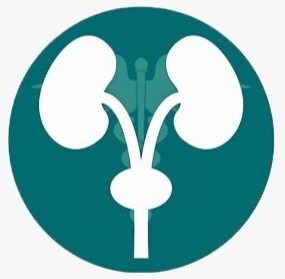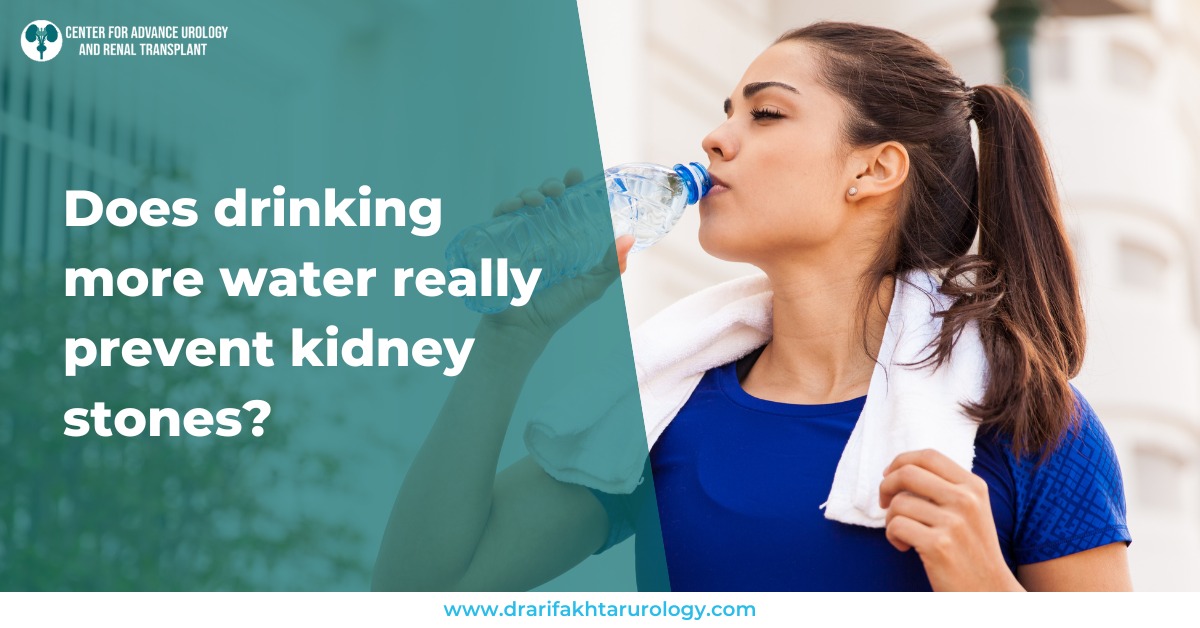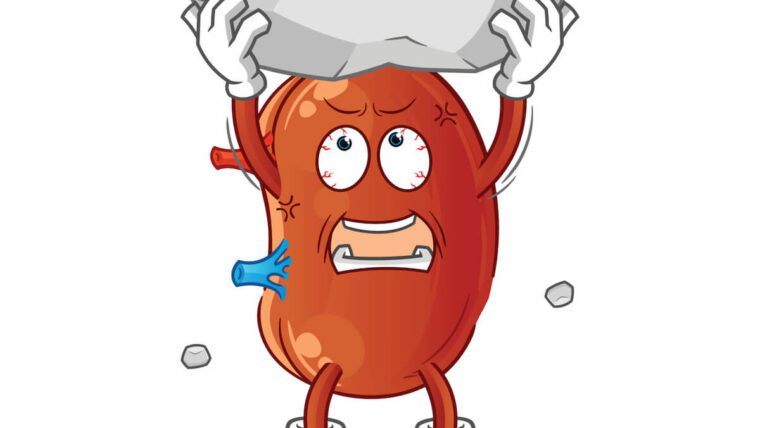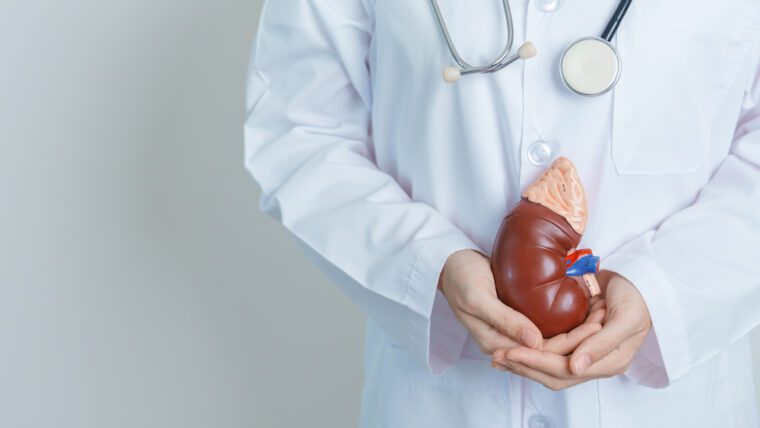It’s one of the most common health tips around: drink more water. But when it comes to kidney stones, does this advice really hold up? Can increasing your fluid intake genuinely help prevent kidney stones, or is this just another wellness myth?
This blog explores the medical truth behind hydration and its role in kidney stone risk reduction, separating fact from assumption and providing a clear answer to the question: Does water help with kidney stones?
Understanding Kidney Stones
Kidney stones are hard mineral deposits that form in the kidneys when certain substances, like calcium, oxalate, and uric acid, become too concentrated in the urine. These stones can vary in size, and when they pass through the urinary tract, they may cause intense pain, nausea, or blood in the urine.
While several factors contribute to their formation, dehydration remains one of the leading causes of kidney stones.
Hydration and Stone Formation: The Biological Connection
The kidneys filter waste from the blood, and water plays a critical role in this process. When water intake is low, urine becomes more concentrated. This means waste products have a higher chance of crystallizing and forming kidney stones.
The answer to does water help with kidney stones lies in this very mechanism: staying well-hydrated dilutes the substances in urine that can turn into stones.
Evidence Supporting Water’s Role in Prevention
Multiple clinical studies have confirmed the link between hydration and lower stone recurrence. Individuals who increase their fluid intake are shown to significantly reduce their chances of developing stones again.
In fact, staying hydrated is often the first recommendation in any guide on natural ways to prevent kidney stones.
- Increased urine volume reduces concentration of stone-forming substances
- Frequent urination helps flush out potential crystals before they grow
- Water helps balance urinary pH levels, further reducing risk
How Much Water Is Enough?
Understanding the daily water requirement for prevention is essential. While exact needs vary, most urologists recommend producing at least 2.5 liters of urine daily to prevent recurrence.
To achieve this, an average adult should consume approximately 3 liters (or 12–14 cups) of water per day, though this may vary based on climate, activity level, and body weight.
Tips for Meeting Water Goals:
- Carry a reusable water bottle
- Set reminders throughout the day
- Include water-rich foods like fruits and vegetables
- Monitor urine color (pale yellow indicates good hydration)
These strategies align with general kidney health tips and support better overall urinary tract function.
Can Other Fluids Help?
Water remains the gold standard, but other fluids may contribute as well:
- Citrus juices, especially lemon, contain citrate, which inhibits stone formation
- Herbal teas and diluted fruit juices can supplement fluid intake
However, high-sugar or caffeinated beverages should be limited, as they may increase the risk of dehydration or influence calcium excretion.
This reinforces that water isn’t just helpful—it’s central in efforts to prevent kidney stones.
Myth: You Only Need to Drink More When It’s Hot
Hydration is important year-round. While hot weather increases fluid loss through sweat, stone formation risk exists even in cooler climates if intake drops. The focus should be on consistency, not seasonality.
Whether someone is physically active or sedentary, the need to maintain proper water intake for kidney health remains unchanged.
Myth: Drinking More Water Can Flush Out Existing Stones
This belief has limits. While small stones may pass with increased fluid intake, larger stones often require medical intervention. Does water help with kidney stones already formed? Sometimes, yes—but it largely depends on the size and position of the stone.
In all cases, water supports easier passage and reduces complications, but it is not a guaranteed solution for every patient.
What Else Helps Alongside Water?
Hydration is crucial, but it is only part of a broader prevention strategy. Other natural ways to prevent kidney stones include:
- Reducing salt and animal protein intake
- Limiting foods high in oxalates (spinach, nuts, chocolate)
- Balancing calcium in the diet
- Following medical advice for specific stone types
Together, these actions reinforce overall kidney stone risk reduction.
Conclusion: Water’s Role Is Real and Undeniable
So, does water help with kidney stones? Absolutely. Proper hydration is not just a wellness mantra—it’s a medically supported method to prevent kidney stones, reduce recurrence, and support long-term kidney function.
For anyone prone to kidney stones, or simply aiming to preserve urinary health, increasing daily water intake remains one of the simplest, safest, and most effective habits to adopt.




